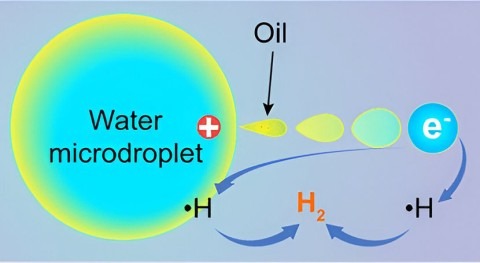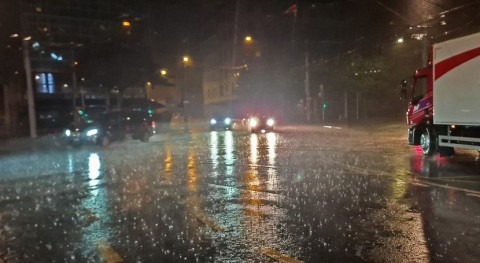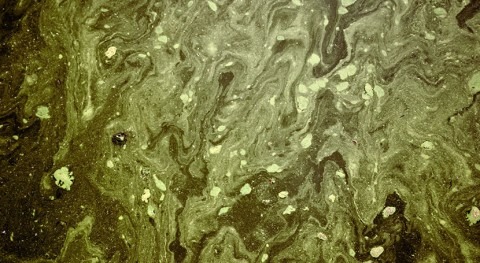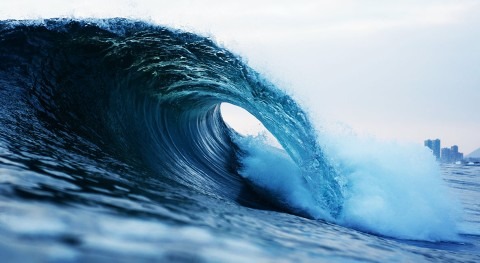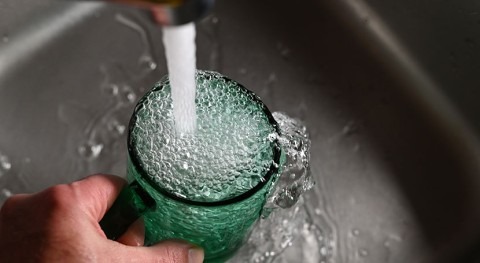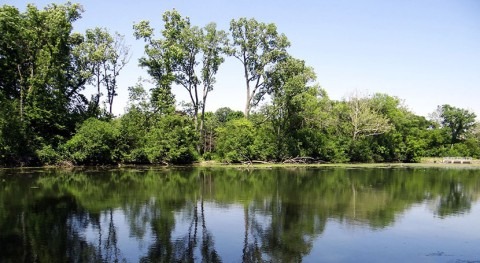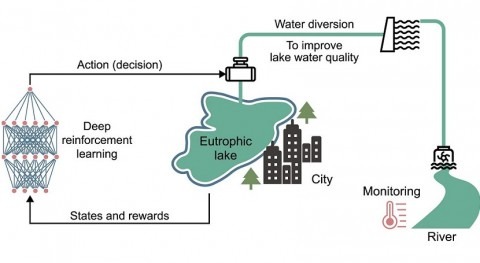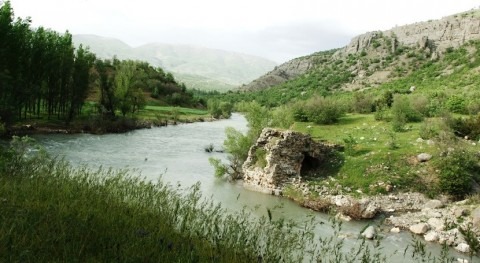Microplastic (defined to be less than 5 nm) is growing environmental pollution problem. The increase of plastics waste from the plastic industry or personal care products could cause the accumulation of microplastics in various ecosystem and environments. Microplastics are ubiquitous and have been detected in more than 2,000 marine organisms. The large amount of chemicals released by microplastics can affect living organisms and threaten their health. In addition, hydrophobic microplastics could adsorb on endocrine disruptors, antibiotics and other organic pollutants in water, which is undoubtedly aggravated the aquatic environment pollution. Therefore, how to prevent microplastics from entering the environment is still a challenge.
Various studies have shown that waste treatment plant is the most important way for the discharge of various emerging contaminants including microplastics into the environment. Among them, the rapidly growing membrane technology is a prospective treatment method for various pollutants removal in wastewater treatment process. Membrane technology has an excellent removal rate for COD, NH4+-N, bacteria, organic pollutants and antibiotic resistance genes. With the shortage of water resources and water pollution, the integrated membrane system (IMS) technology for reclaimed water reuse has attracted more and more attention. Can the wastewater treatment plant prevent the microplastics from entering the marine environment? And what is the fate of microplastics in the IMS system used for water reclamation?

Credit: Ying Cai, Jun Wu, Jian Lu, Jianhua Wang , Cui Zhang
To answer these questions, Prof. Jian Lu and Dr. Ying Cai from Chinese Academy of Sciences and their team members have worked jointly and investigated systematically the fate of microplastics in conventional activated sludge system (CAS) and IMS system in a coastal reclaimed water plant. Their work identified IMS system could prevent the re-entry of most of the microplastics into the marine environment and convert the wastewater into renewable water, which can subsequently reduce pollution to the ocean and solve the shortage of water resources. This study entitled “Fate of microplastics in a coastal wastewater treatment plant: Microfibers could partially break through the integrated membrane system” is published online in Frontiers of Environmental Science & Engineering in 2022.
In this study, the fate of microplastics in IMS in a coastal reclaimed water plant was investigated. The removal rate of microplastics in the IMS system reached 93.2% after membrane bioreactor (MBR) treatment while that further increased to 98.0% after the reverse osmosis (RO) membrane process. The flux of microplastics in MBR effluent was reduced from 1.5×1013 MPs/d to 10.2 ×1011 MPs/d while that of the RO treatment decreased to 2.7×1011 MPs/d. The application of the IMS system in the reclaimed water plant could prevent most of the microplastics from being discharged into coastal water. These findings suggested that the IMS system was more efficient than CAS in removing of microplastics. However, small scale fiber plastics (< 200 μm) could break through RO system, which is not ignored.
This study investigated comprehensively and systematically the fate of microplastics in traditional water treatment process and in the membrane technology of typical reclaimed water plant in coastal zone. The results show that the removal rate of microplastics by IMS is much higher than that by traditional wastewater treatment process. The introduction of IMS into coastal wastewater treatment plants could prevent the re-entry of most of the microplastics into the marine environment and convert the wastewater into renewable water, which can subsequently reduce pollution to the ocean and solve the shortage of water resources.




